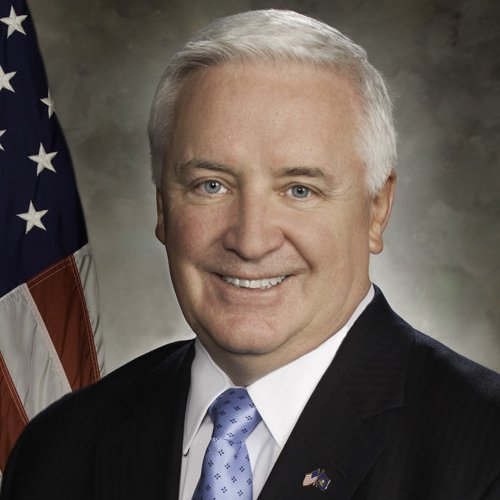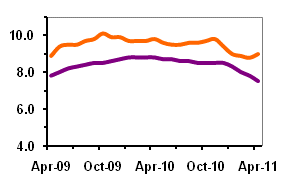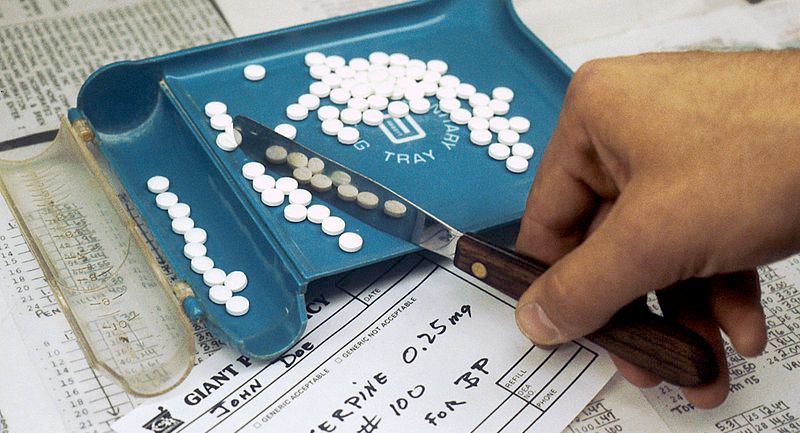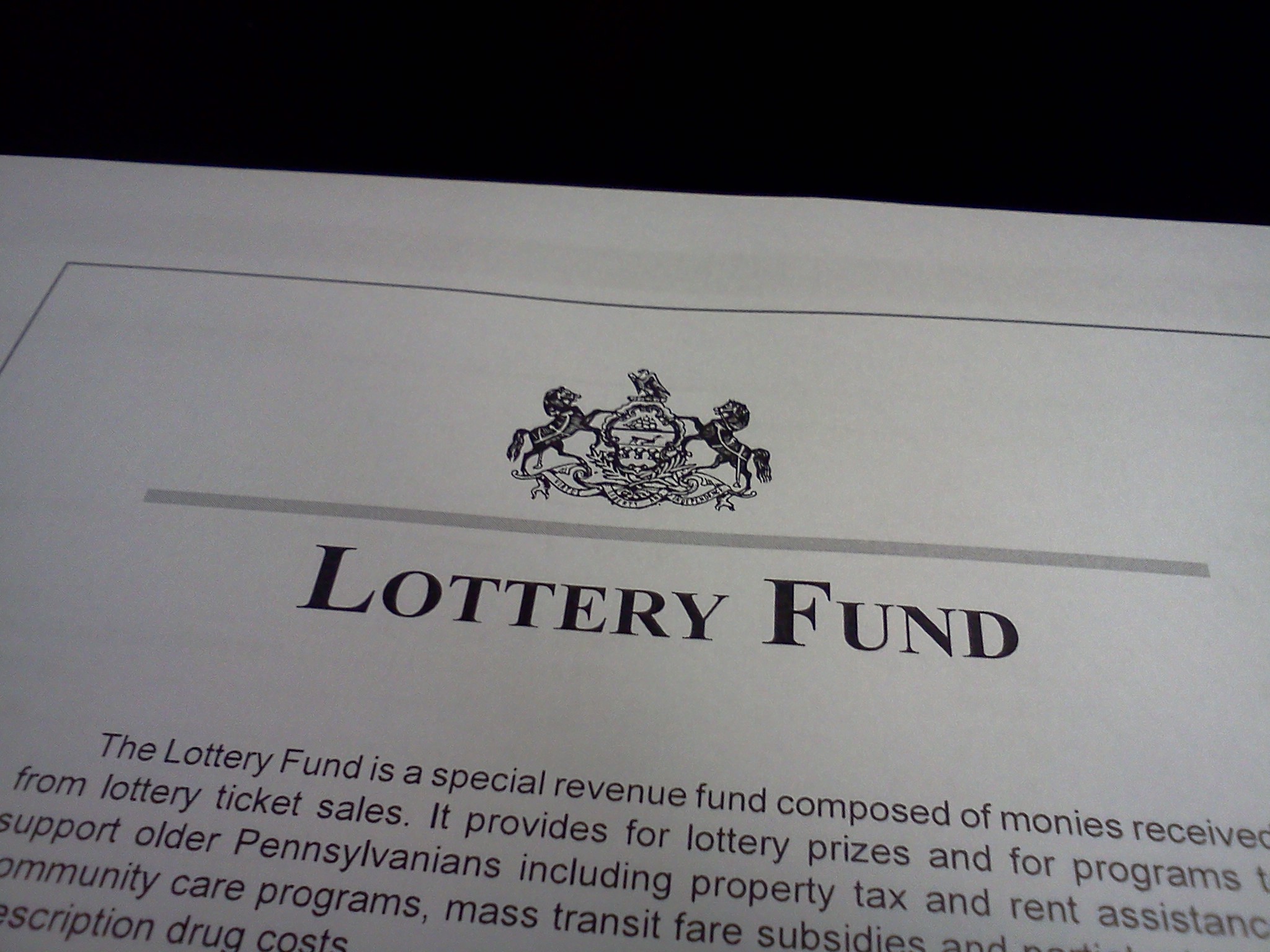
State Sen. John Gordner (R-Columbia)
State lawmakers passed the bill just in time to ensure that the federal extended benefits program continues. “We are getting it done literally under the wire, but it’s an important fix to do for the 45,000 folks who would otherwise lose 13-weeks of unemployment compensation,” says State Senator John Gordner (R-Columbia). Gordner chairs the Labor & Industry Committee, helped to broker a major compromise between chambers and joins us for this week’s Radio PA Roundtable program.
The bill represents the biggest reforms to Pennsylvania’s unemployment compensation system in the last 20-years. “We were the only state left without an enforceable work search provision,” Gordner tells us. It also freezes the maximum weekly benefit at $573-dollars. Gordner says that provision slows down the growth of benefits. “So, those 20% that are at the top level are not going to be losing benefits, but we’ve basically put in a freeze for a year, and then a 1% cap on the growth of that system.” The average weekly benefit is currently $310-dollars.
Also, individuals who get severance pay beyond $17,853 (40% of the average salary) won’t be able to concurrently receive unemployment compensation benefits.
The package will save the state’s unemployment compensation system $114-million dollars next year. However, PA borrowed over $4-billion dollars from the federal government in order to meet its UC obligations during the recession. Gordner calls it a “good start” in paying that money back. “We still need to do a solvency measure. The problem with this drill was that we were under a time element and we got to the last day in order to do it.” Gordner tells us he’ll work with State Rep. Ron Miller (R-York), who chairs the House Labor & Industry Committee, to come up with a long-term solvency package.
The House approved the final version of SB 1030 on Thursday. The Senate did likewise on Friday. Both votes were unanimous. Governor Tom Corbett is expected to quickly sign the bill into law.












